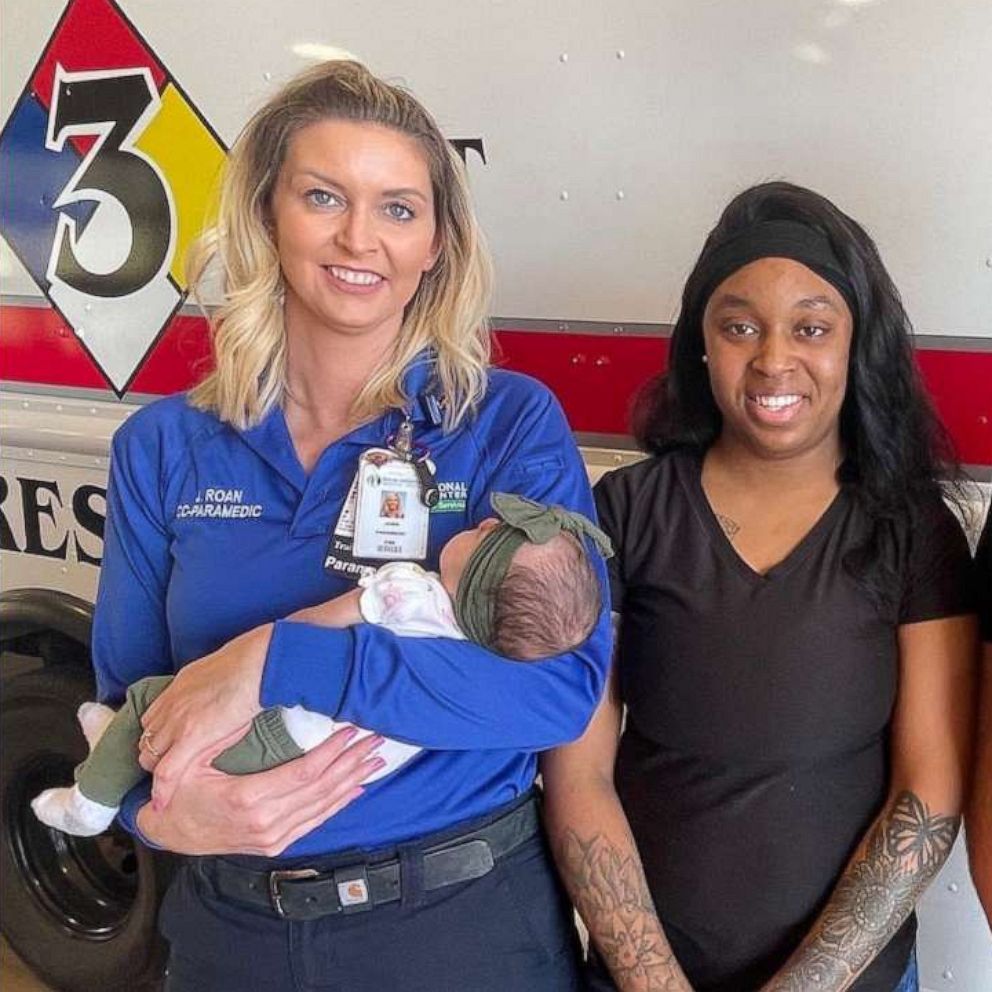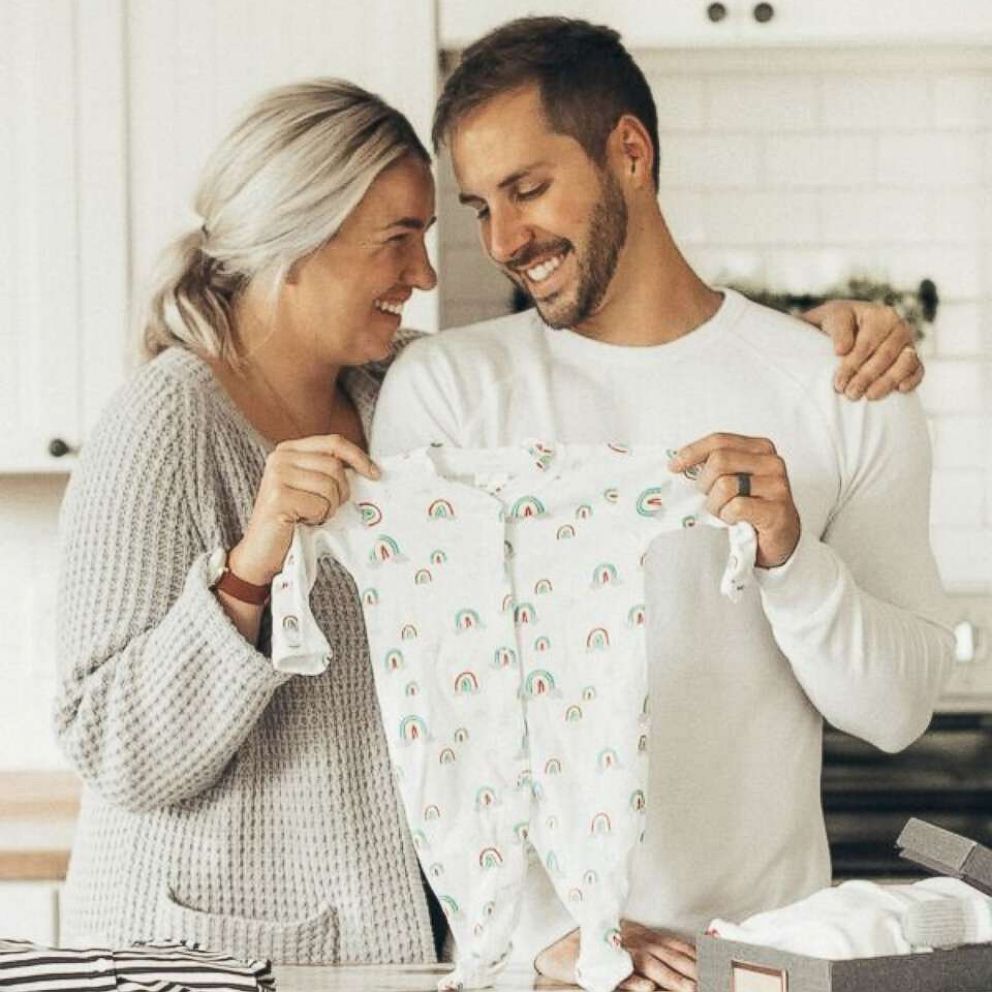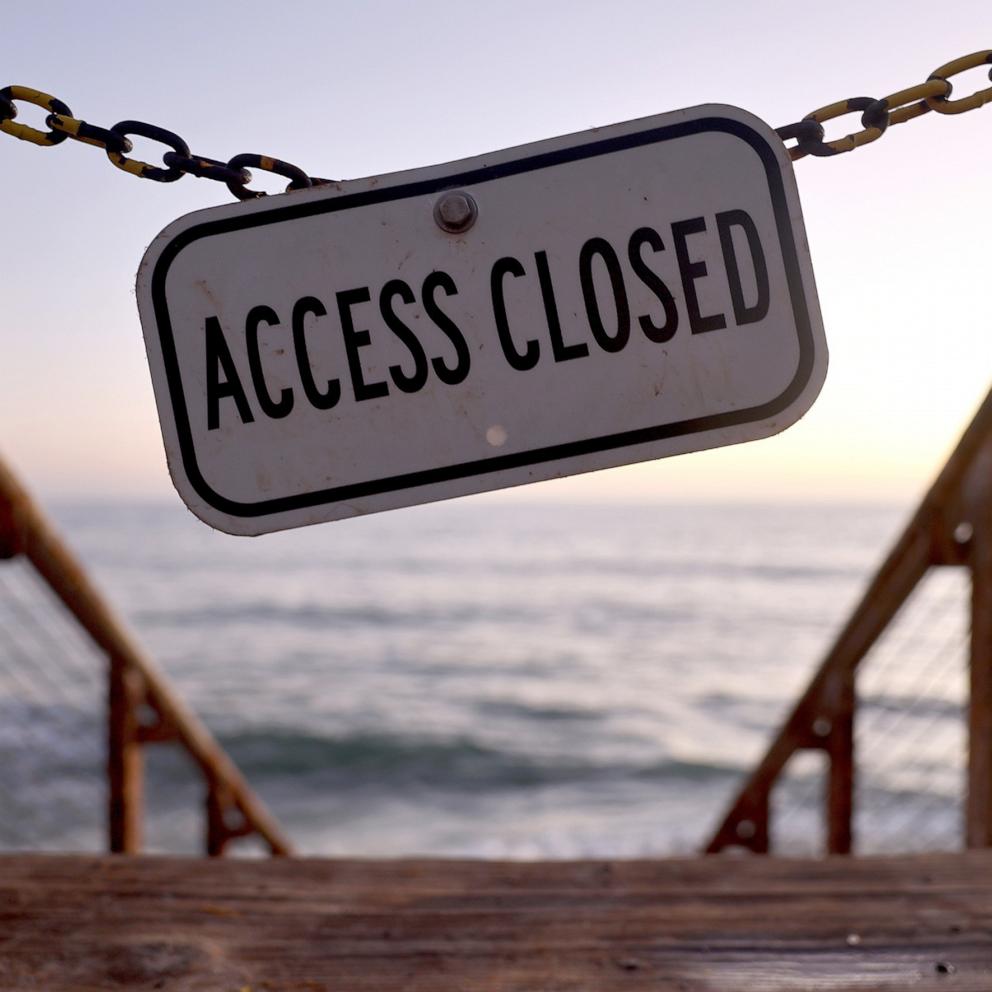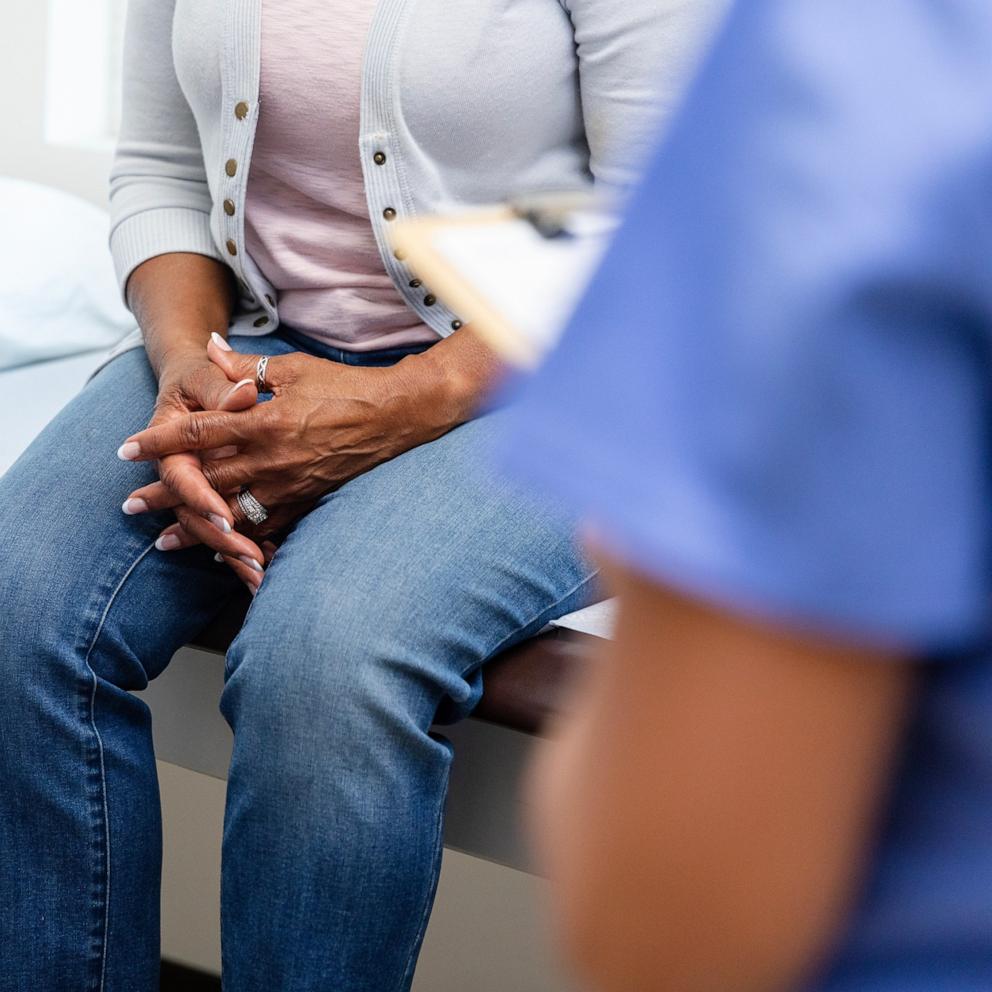FDA discusses using artificial wombs to help save preemie babies: What to know about the new technology
The U.S. Food and Drug Administration met Wednesday to discuss something that was once thought to be only science fiction: the use of artificial wombs that could potentially help premature babies survive, if tested in humans one day.
Exactly as it sounds, an artificial womb is an artificially-created environment that mimics the womb, something like a fluid-filled container with lines and tubes attached to the babies' blood vessels, similar to an umbilical cord, to provide nutrients and medications.
Theoretically, an extremely premature infant, one born at less than 28 weeks gestation, could be placed in the device so that they could grow and develop normally, as if they were still in the womb.
Neonatologists already use incubators for premature babies, which are enclosed air-filled "pods" that can be heated to help the baby regulate their temperature. However, incubators and current technology are not able to simulate the exact same environment as a womb.
"It's an amazing first step to potentially extending viability and improving morbidity and mortality outcomes for our preterm newborns," Dr. Shaliz Pourkaviani, a New York City-based board-certified neonatologist, told ABC News of the technology.
So far, this has only been tested in animals and there are many complexities to resolve before this could reach human subjects.
At a two-day meeting focused on artificial womb technology, FDA advisers discussed what human trials could look like, and the complex medical considerations that would have to be taken into account.

Experts say developing artificial womb technology could be critical in helping to save the lives of some babies born premature.
According to the Centers for Disease Control and Prevention, prematurity, defined as being born before 37 weeks of pregnancy, occurs in 1 in 10 babies in the United States.
The earlier the birth, the higher risk of death or complications, with preterm birth accounting for 16% of infant deaths.
Prematurity can also lead to issues with development of essential organs, such as the lungs, intestines, and brain.
Before human trials can be done on artificial wombs, there are several ethical considerations that need to be considered, FDA advisers pointed out.
First, physicians have a responsibility to "do no harm."
"We as neonatologists want to support life and minimize pain and suffering in the process," said Pourkaviani, who was not part of the FDA's discussion. "The unknowns, such as if this will be painful and do the benefits outweigh the potential risks, raise many concerns."
There are also the potential long-term consequences of an artificial womb that are not easily studied, such as the potential long-term complications if a womb is made out of materials such as plastics.
Artificial wombs could also change the definition of a "viable pregnancy," and how far along in pregnancy someone is before it is considered survivable.
"Accepted gestational age for viability used to historically be accepted as 23 weeks and [weighing] above 500 grams," Pourkaviani said. "However, over the last few years, there has been a push to extend this as low as 22 weeks."
Despite the obstacles that may lie ahead, Pourkaviani described the potential that artificial wombs show as "groundbreaking."
"This will be groundbreaking in our field of neonatology," she said. "Premature babies who otherwise would have not had an opportunity to grow and develop in extrauterine conditions have a chance of survival."
Evelyn Huang, M.D., is a resident physician in emergency medicine at Northwestern Memorial Hospital and a member of the ABC News Medical Unit.







